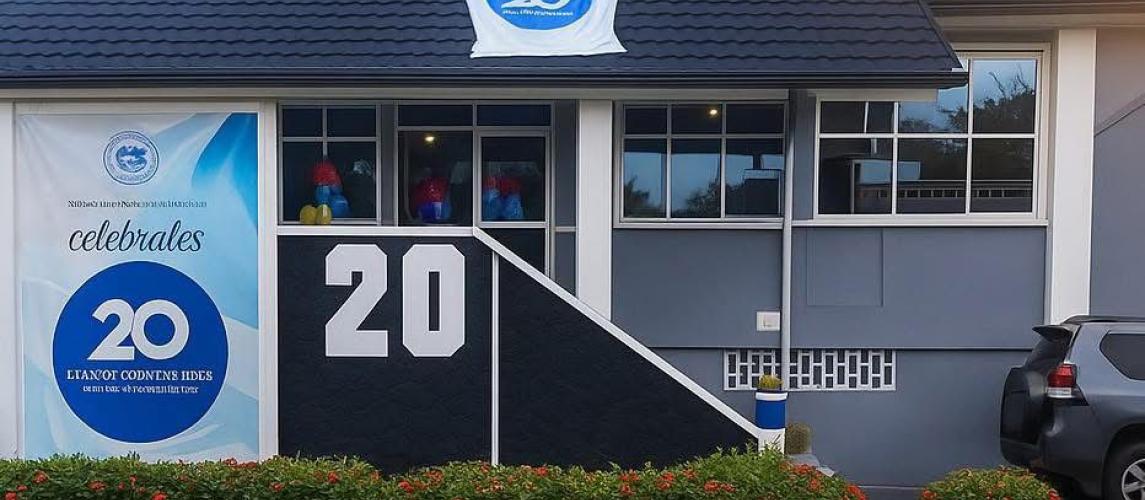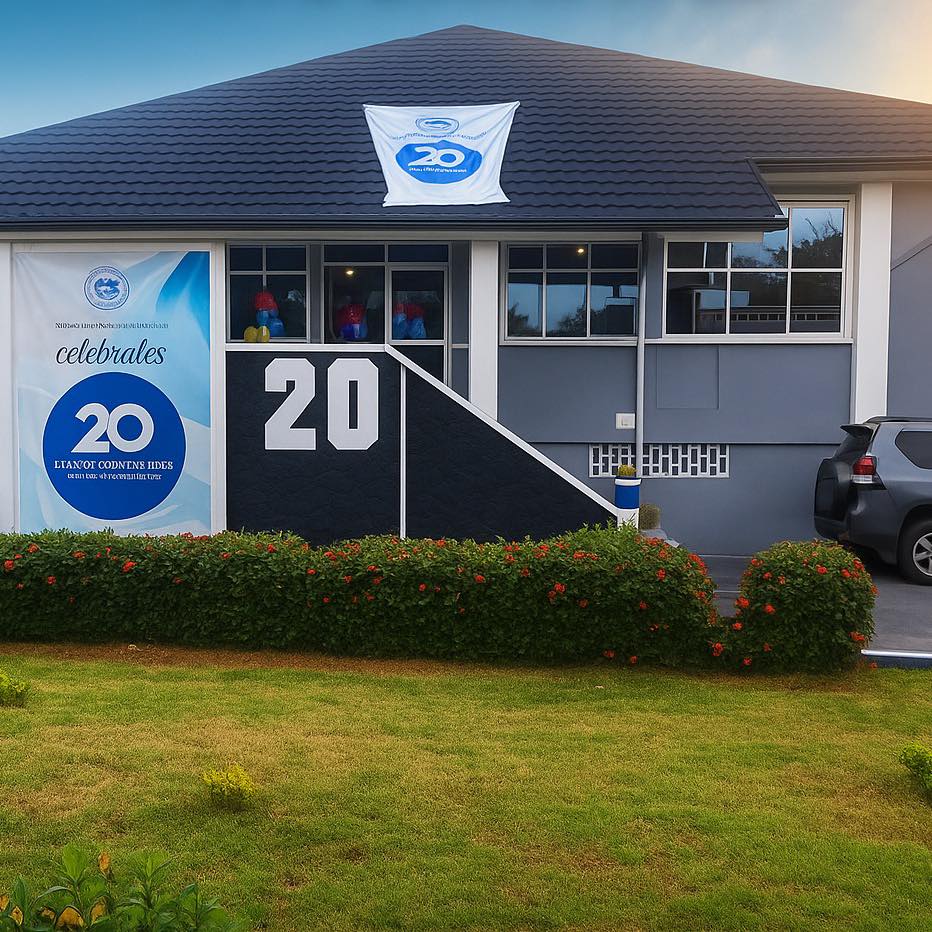Background

Background and Context
In the aftermath of Liberia’s prolonged civil conflict, a comprehensive needs assessment conducted jointly by the Government of Liberia, the United Nations, and the World Bank revealed major weaknesses in the country’s public procurement and concessions systems. The assessment found that policies, procedures, and practices for awarding contracts were characterized by inefficiency, lack of transparency, and limited accountability-ultimately denying the Government value for money in the use of public resources.
To address these systemic deficiencies, it was recommended that Liberia reform its public procurement and concessions framework in two distinct phases:
Phase One: Development of interim public procurement policies and procedures, along with interim guidelines for awarding concessions under the National Transitional Government of Liberia (NTGL); and
Phase Two: Preparation and enactment of a comprehensive public procurement and concessions law to institutionalize transparency, competition, and accountability in all public contracting activities.
The Contract and Monopolies Commission (CMC)
In line with the first phase of this reform agenda, Article XVII of the Comprehensive Peace Agreement (CPA) signed in Accra, Ghana, on August 18, 2003, established the Contract and Monopolies Commission (CMC). The CMC was mandated to oversee contractual and concession-related activities under the National Transional Government of Liberia (NTGL), ensuring that government contracts were executed in the public’s best interest.
With technical assistance from the World Bank and the European Commission, the CMC developed the Interim Public Procurement Policy and Procedures (IPPPP) and the Interim Guidelines for Concessions (IGC). These documents, endorsed by the World Bank and approved by the NTGL through Executive Order No. 3, introduced a framework for promoting competition, economy, efficiency, and transparency in public procurement and concessions management.
Establishment of the Public Procurement and Concessions Commission (PPCC)
The second phase of the reform effort led to the drafting and enactment of the Public Procurement and Concessions Act (PPCA) in September 2005, with continued technical and financial support from the World Bank and other development partners. The Act formally established the Public Procurement and Concessions Commission (PPCC) as an independent regulatory body to replace the CMC.
The PPCC was given a broad mandate to regulate, monitor, and supervise all forms of public procurement and concessions within Liberia. The overarching objective of the Act and the Commission’s mandate is to ensure that all public procurements and concessions are conducted in a manner that guarantees value for money, fosters fair competition, promotes transparency, and upholds the principles of accountability and integrity in the use of public funds.
Mandate and Core Functions
Under the PPCA, the PPCC’s key responsibilities include:
- Regulation and Oversight: Ensuring that all procuring and concession entities comply with the provisions of the Act and established procedures.
- Monitoring and Compliance: Reviewing procurement plans, bidding documents, and contract awards to ensure fairness, transparency, and adherence to standards.
- Capacity Building: Providing continuous training, technical assistance, and guidance to procurement practitioners and institutions across government.
- Complaints, Appeals, and Reviews: Managing complaints and appeals from bidders or contractors regarding alleged irregularities in the procurement process.
- Policy and System Development: Updating procurement regulations, standard bidding documents, and guidelines to reflect evolving best practices.
- Public Awareness and Sensitization: Promoting understanding of procurement laws and procedures among stakeholders and the general public.
- Promotion of Sustainable and Gender-Responsive Procurement: Encouraging the inclusion of social, environmental, and gender equity considerations in procurement processes.
Institutional Structure
The establishment of the Public Procurement and Concessions Commission marked a major milestone in Liberia’s post-war governance and public sector reform agenda. Over the years, the PPCC has evolved into a cornerstone institution promoting good governance, accountability, and transparency in the management of public resources.
With sustained support from the Government and international development partners, the Commission continues to strengthen its systems and institutional capacity to ensure that public procurement and concessions serve the ultimate goal of delivering value for money and improving the lives of all Liberians.
The PPCC operates under the leadership of a Board of Commissioners appointed by the President of Liberia and confirmed by the Senate. The Executive Director, who serves as the administrative head, oversees the day-to-day management of the Commission’s operations.
There is also an independent Complaints, Appeals and Review Panel (CARP)-responsible to manage complaints and appeals from bidders or contractors regarding alleged irregularities in the procurement process.
The Commission’s internal structure comprises nine core divisions, namely:
- Compliance and Monitoring Division
- Information Dissemination & Communication Division
- Capacity Building and Training Division
- Administration Division
- Legal Division
- Vendor Registration Division
- Finance Division
- Procurement Division
- ICT Division
This structure ensures effective coordination, oversight, and service delivery in all areas of the Commission’s mandate.
Progress and Achievements Since 2005
Since its establishment, the PPCC has recorded notable progress in reforming Liberia’s public procurement and concessions landscape. Key milestones include:
- Decentralization of public procurement through the creation of procurement structures across government ministries, agencies, commissions and state-owned enterprises.
- Development and Implementation of Procurement Regulations and Standard Bidding Documents, which have streamlined and standardized public procurement practices across government entities.
- Capacity Building and Professionalization of Procurement Staff through continuous training programs and certification initiatives, thereby strengthening institutional capacity in public procurement.
- Amendment of the PPCA in 2010 to address ambiguities of the 2005 Act
- Launch and Expansion of the Electronic Government Procurement (e-GP) System, a transformative digital platform that enhances transparency, reduces corruption risks, and improves efficiency in public procurement.
- Increased Compliance Monitoring and Enforcement, ensuring that procuring entities adhere to the PPCA and related regulations.
- Public Sensitization and Awareness Campaigns conducted nationwide to promote transparency and understanding of procurement reforms.
- Establishment of a Functional Complaints, Appeals, and Review Mechanism, enabling fair and timely resolution of procurement-related disputes.
- Integration of Sustainable and Gender-Responsive Procurement principles into public contracting processes to promote inclusiveness and equitable economic participation.
- Integration of Public Private Partnership (PPP) to promote transparency and integrity in the awards processes.

Vision, Mission & Core values
- Vision
-
A Liberia where public procurement and concessions processes are transparent, accountable, and contribute to national priorities.
- Mission
-
To regulate, monitor, and build capacity in public procurement and concessions to ensure value for money and promote good governance.
- Core Values
-
- Transparency
- Accountability
- Integrity
- Professionalism
- Efficiency
- Service Orientation
